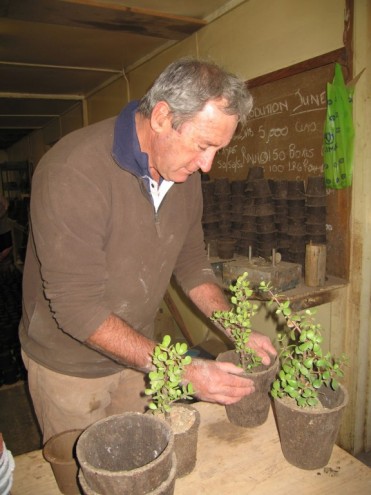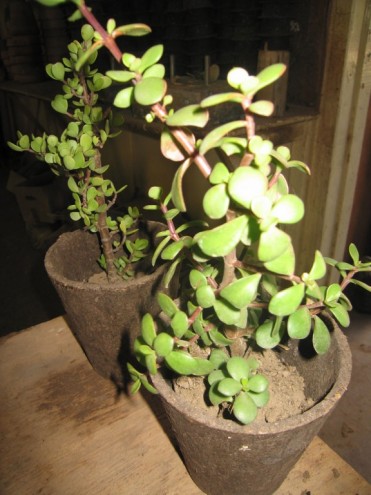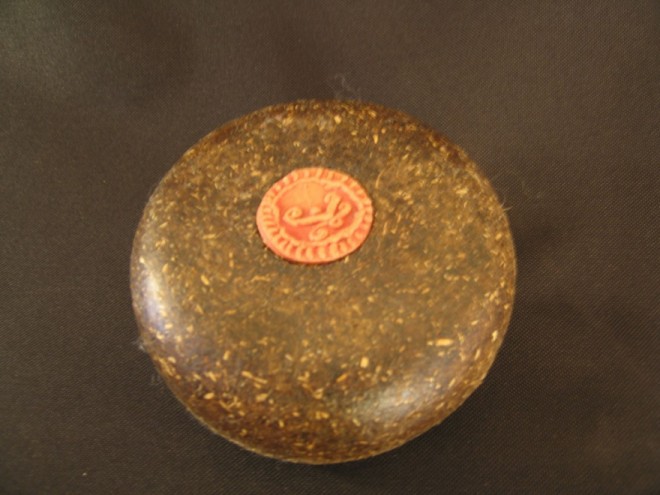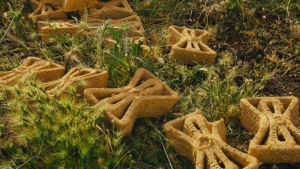Industrial designer and craft producer John Sachs has spent the past four years developing "Compots" in the Klein Karoo. Compots are used just like ordinary pots for planting but, because they are made entirely of organic waste materials, they can be planted directly into the ground.
Compots use locally dug farm clay combined with grape skins and seed residue from a local brandy and wine cellar in Barrydale. Recycled cardboard is milled on site, and this is added to the clay together with sawdust residue and locally mined minerals zeolite and bentonite. The latter ingredients help to moisten and condition the soil.
Once in the ground, the Compots also provide nourishment for the soil as the pot decomposes. Compots may help agricultural industries and forestries to miniminse the number of plants and saplings lost to damage caused by removing them from plastic containers to plant in the ground.
The Compots have been well-received with Woolworths signing up as a supplier, as well as various nurseries, gift shops, homeware and lifestyle stores. The pots have been independently laboratory tested to check plant compatibility, and informal trials have shown 30% faster plant growth in enriched Compots.
The pots come in three sizes (70 cm, 120 cm and 170 cm height and width) and are made by a production group of eight formerly unemployed people, who are currently producing up to 1200 pots daily in two shifts. The small Compots currently retail for R5.50, medium R9.50 and large R15.50.








